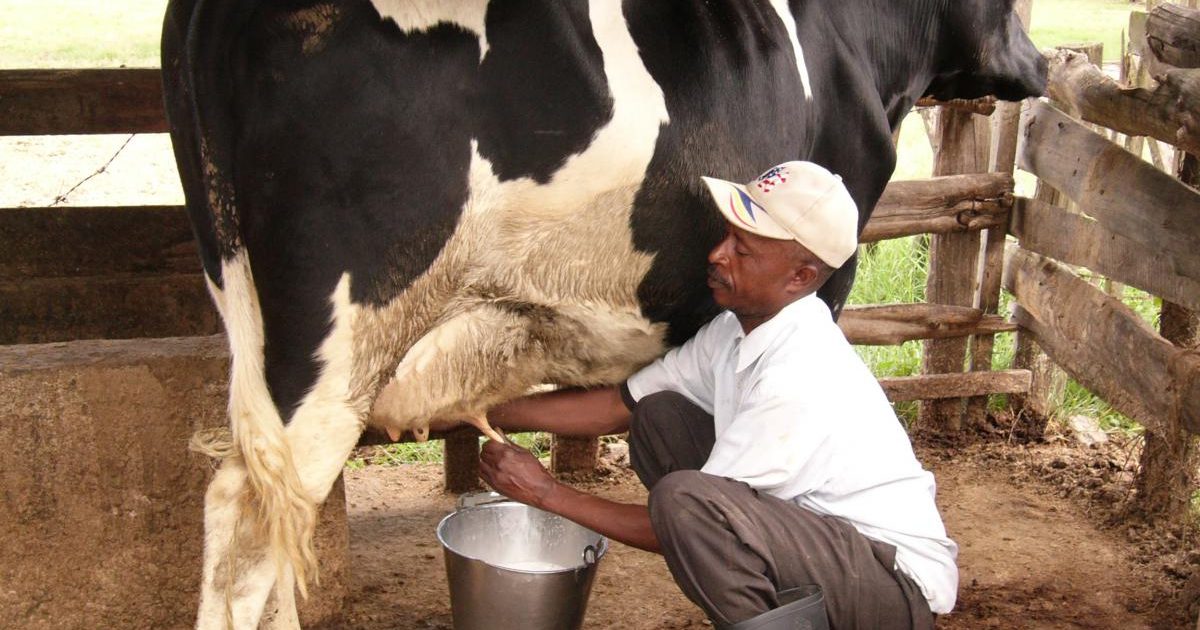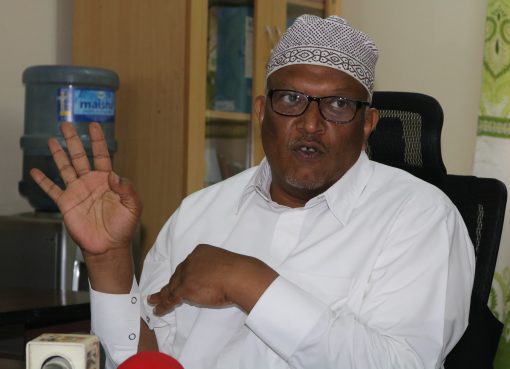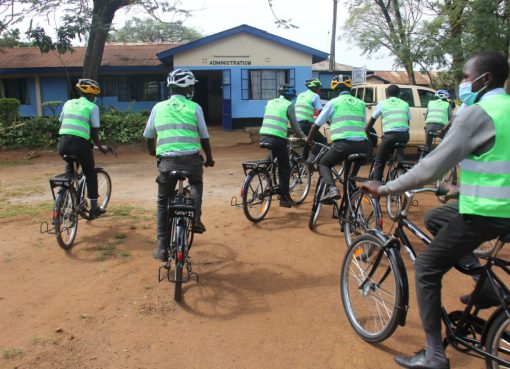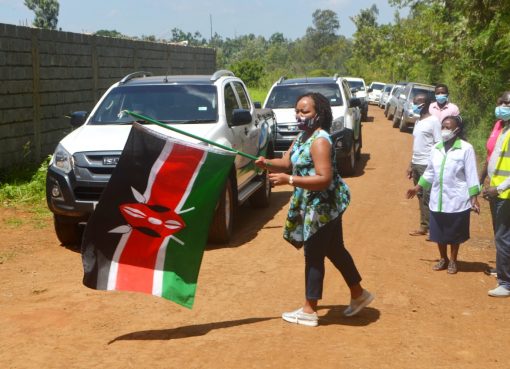The amount of milk produced in the country has continued to decline since the beginning of this year with the volume of formally marketed milk reducing from 63.4 million litres in January to 40.2 million litres in June.
Ministry of agriculture, Livestock, Fisheries and Cooperatives Cabinet Secretary (CS) Peter Munya moved to assure dairy farmers that dairy farming remains one of the most lucrative agricultural activities in the country and one of the surest way to reduce poverty and ensure the much needed nutrition particularly in this time of COVID -19.
“Producer prices for raw milk have generally stabilized and become competitive. The payouts to farmers and the deductions by groups are generally within the government guidelines. The pay out to farmers is ranging between Sh28.00 to Sh32.00, which is within the government range with farmer groups earning as high as Sh34.00 per litre,” said Munya.
Speaking on Wednesday at a Nairobi hotel during a dairy milk stakeholders’ forum on assessing the impact of COVID-19 on the sector, Munya said that the national monthly demand for milk stood at 54 million litres and compared to the current production the country has a deficit of 12 million litres.
With data indicating that dairy milk processors have a stock of milk powder that could only last the country one month, Munya directed New KCC to release 1, 000 metric tonnes of milk powder, an equivalent of one million litres of milk to processors to convert it to raw milk.
“We are improving the cooling infrastructure in the country by installing up of 350 milk coolers each with a 300 litre capacity to farmer groups across the country. This will lead to an improvement in milk quality as well as reduce post-harvest losses and thus improved profitability along the value chain,” said the CS.
He added that New KCC was one of the leading milk processors in the country and the processor many a times acts as buyer of the last resort for farmers’ milk and milk products.
“To enable the processor play its critical roles, the government supported it through an injection of Sh500 million to stabilize milk prices. It further injected an additional Sh500 million to support modernization of its facilities located in different parts of the country and once completed, they will provide additional market for our farmers’ milk,” said Munya.
The CS highlighted that the Covid-19 pandemic has disrupted milk market following closure of schools and hotels hence a laxity from farmers in producing milk.
“Diseases like foot and mouth are also a contributor to the drop in production. The milk industry is in distress since processers do not have sufficient milk and are not able to satisfy the market. The government might be forced to import in order to meet the deficit,” said Munya.
Munya urged farmers to invest in animal feeds to boost milk production as there was a guaranteed market from the five main milk processors in the country.
The CS called on farmers to intensify production of milk and ensure that the milk is marketed formally.
“This will ensure that we build on the gains made so far in the sector and are able to absorb shocks arising from the Covid-19 pandemic. I want to assure you that the government and my ministry in particular will continue supporting you to ensure that you get a favourable return on investments,” he said.
Kenya Dairy Board managing director Margaret Kibogy said that the cold spell has greatly contributed to the low production, but on the positive side the that farm gate prices have gone up to a high of up to Sh40 per litre.
“In previous years, the country experienced high production in the months of May-June, and then a drop between July to August due to the cold spell,” said Kibogy.
She explained that this year, the trend has changed and there has been a drop in milk production in the month of June due to the prolonged cold weather season.
By Joseph Ng’ang’a





